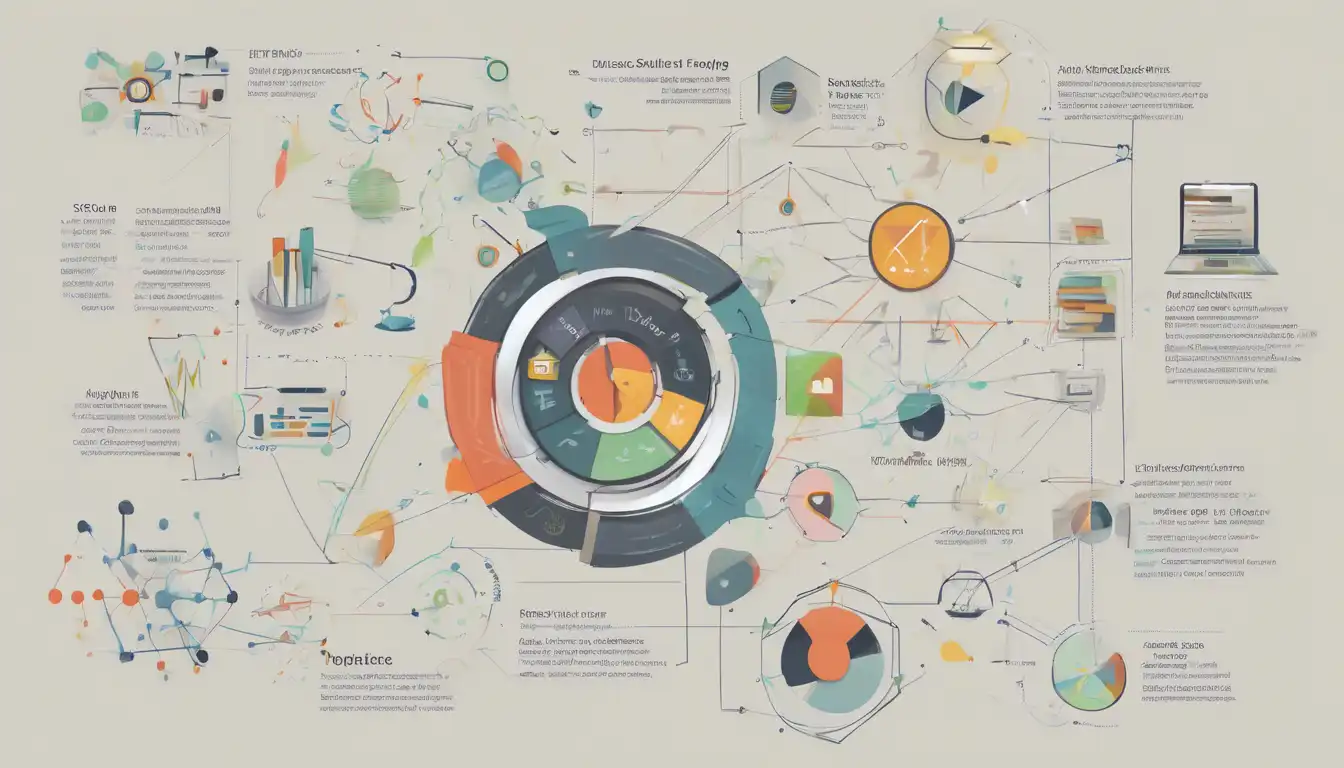Introduction to Data Science Tools
In the rapidly evolving field of data science, staying abreast of the most effective tools is crucial for any analyst. This article delves into the essential data science tools that can significantly enhance your analytical capabilities, streamline your workflows, and unlock new insights from your data.
Programming Languages for Data Science
At the heart of data science are programming languages that enable analysts to manipulate data and build models. Python and R stand out as the most popular choices, thanks to their extensive libraries and community support. Python, with libraries like Pandas, NumPy, and Scikit-learn, is versatile for data manipulation, analysis, and machine learning. R, on the other hand, is revered for its statistical analysis capabilities and visualization libraries like ggplot2.
Data Visualization Tools
Visualizing data is key to uncovering patterns and communicating findings. Tableau and Power BI are leading tools that offer intuitive interfaces for creating interactive dashboards. For those who prefer coding, Matplotlib and Seaborn in Python provide powerful options for crafting custom visualizations.
Big Data Technologies
As datasets grow, traditional tools may not suffice. Apache Hadoop and Spark are designed to handle big data, offering distributed computing frameworks that process large volumes of data across clusters. Spark, in particular, is favored for its speed and ease of use with data science workflows.
Machine Learning Platforms
Machine learning is a cornerstone of data science. Platforms like TensorFlow and PyTorch provide the building blocks for developing sophisticated models. For analysts seeking a more user-friendly interface, Google's AutoML and IBM Watson offer automated machine learning solutions that simplify model development.
Database Management Systems
Efficient data storage and retrieval are vital. SQL remains the standard for relational databases, while NoSQL databases like MongoDB cater to unstructured data. Understanding these systems ensures analysts can access and manipulate data as needed.
Collaboration and Version Control
Data science is often a team effort. Tools like Git and platforms such as GitHub facilitate collaboration and version control, ensuring that team members can work together seamlessly on projects.
Conclusion
Mastering these data science tools can empower analysts to tackle complex challenges, derive meaningful insights, and drive decision-making. Whether you're just starting out or looking to expand your toolkit, focusing on these essential tools will set you on the path to success in the dynamic field of data science.
